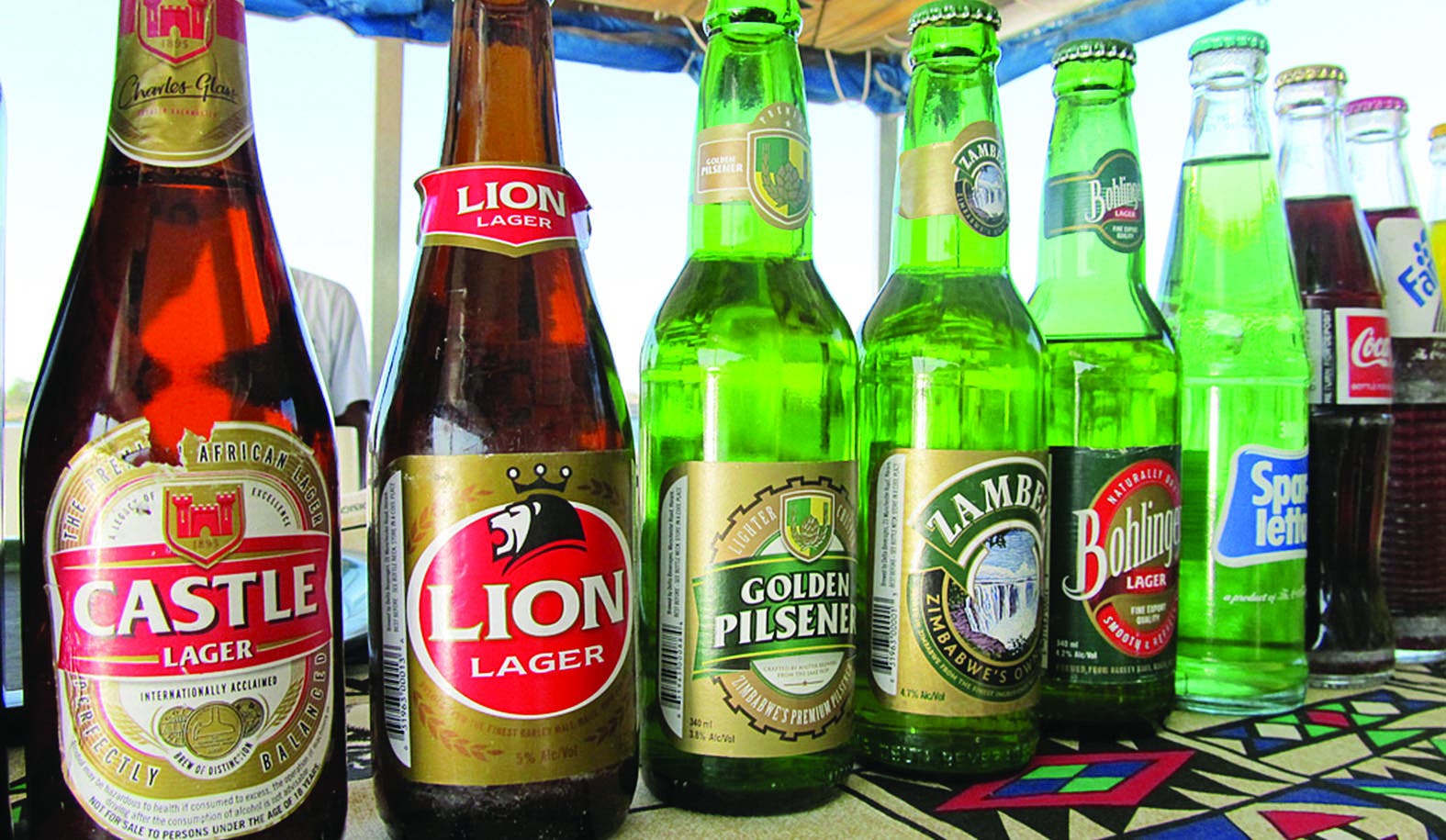Delta Corporation Posts 5% Revenue Rise to US$807.4 Million Amid Tax Pressures and Regional Headwinds
HARARE – Delta Corporation Limited, Zimbabwe’s largest company by market capitalisation, has posted a 5% rise in full-year revenue to US$807.4 million for the period ending March 2025, despite facing major headwinds from regional operations and the government-imposed sugar tax.
The beverage giant revealed that the sugar tax, set at US$0.001 per gram of added sugar, had a significant impact on its profitability and pricing dynamics across its soft drinks business. Delta paid US$21.1 million in sugar tax over the financial year, of which US$14.7 million came from its soft drinks unit alone.
The tax burden prompted Delta to absorb the cost to shield consumers from price hikes, a decision that, while consumer-friendly, exerted pressure on the company’s margins and profitability.
Speaking during an analyst briefing held in Harare, Delta CEO Matlhogonolo Valela and Finance Director Alex Makamure outlined how the tax, combined with subdued performance in the South African and Zambian operations, affected overall growth and competitiveness.
Image
“The introduction of the sugar tax has materially affected our cost structures. We’ve chosen to absorb the tax to maintain affordability, but this has inevitably tightened margins,” said Makamure. “We’re also monitoring the surge in cheaper beverage imports, which are further challenging local volumes.”
Market Outlook and Investor Watch
Delta’s results come on a pivotal day for Zimbabwe’s capital markets, with investors closely analysing whether the firm can maintain its leadership in the fast-moving consumer goods (FMCG) sector amid economic volatility.
Market analyst Sylvester Mupanduki from the Southern Markets Research Institute noted, “We had forecast Delta’s FY25 revenue to fall between US$862 million and US$870 million, with EBIT margins hitting or exceeding 20%. While the US$807.4 million result is below the target range, it still marks a key milestone, given the operating environment.”
Image
Fellow analyst Brighton Musonza added that Delta’s performance is a bellwether for the broader economy. “The company’s resilience sends a strong signal that Zimbabwe’s economy is beginning to stabilise. However, without coherent macroeconomic policies, this corporate growth risks excluding the majority of citizens still trapped in poverty.”
Regional Struggles and Competitive Pressures
Delta’s regional operations in Zambia and South Africa remain a drag on overall performance, impacted by currency volatility, constrained consumer demand, and operational disruptions.
The company also faces growing competitive pressures from imported beverages, whose lower prices are undermining domestic volumes—especially in light of the tax-inflated cost of local drinks.
Strategic Focus Going Forward
Despite these challenges, Delta remains optimistic about sustaining growth, investing in modernisation and capacity upgrades across its plants, and expanding its product portfolio to align with shifting consumer preferences.
“We are refining our strategies to maintain market leadership, enhance production efficiencies, and explore opportunities in both local and export markets,” said CEO Valela.
As Zimbabwe’s leading FMCG player, Delta’s performance is expected to remain a key indicator for investors tracking the country’s economic trajectory and consumer sentiment.thezimbabwemail










